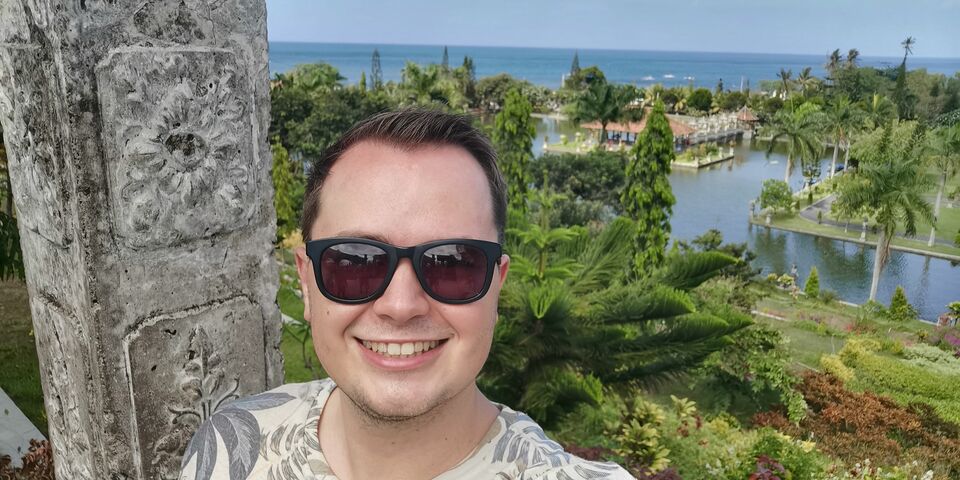Together with eight students from the TU/e we took the jump: we moved to Singapore. After a long, bureaucratic application procedure we finally started studying at the National University of Singapore (NUS). The NUS works with two semesters per year and grades are based on the Bell-curve. But these are not the only noticeable differences.
With the final examinations approaching at the end of this month, we are looking back on the past few months with joy in our eyes. While many hours were spend at the Central Library on campus, we also had our go-to places in Chinatown and Holland Village to unwind. While it was a lot of fun to sit with your own group drinking Tigers (local beer), you can also befriend many other students from other universities. But if you want to grow your professional network, you really should go to the business district close to Marina Bay Sands. If you know where to go, for example to one of the highest micro-breweries, you can easily strike up a conversation with vice-presidents of international firms.
Trips
Well then, what about free time? You might think to yourself: do they know what that means in Singapore? The presupposition that people work very hard here is partly true. As a student, you often see people taking a nap during studying to keep going for a longer time. However, I notice that my Dutch friends often do the same studying and assignments in less hours. This way, they (myself included) have more time left to travel during the weekend. For example, my friends and I have travelled to Thailand, Indonesia, Malaysia, Hong Kong, and more.
Culture shock
Through our travels, our eyes have now been opened to even more cultural differences. One example of this is the focus on visualization. When asking my fellow TU/e students about what they find noticeable, the students from design-related studies point out that the professors focus much more on presenting ideas (as opposed to technical or practical aspects). For my own experience, I have not seen this during lectures. Even many of my professors I find just as approachable as those in Eindhoven.
Next to this, the collective aspect of the culture here is very different from the Dutch individualistic culture. You can see this in small things as people going out to eat food together and ordering many items to share. But also in national and organizational decision-making, such as the demerit-point system. This system is used to guarantee what is best for Singapore and its population; their common interest. The idea behind it is that you have a set amount of X points, and after a trespass you will have a deduction of points. This way, people operating cars (which is already very expensive in Singapore due to insane fees and registration costs) are penalized since losing all points means losing your driver license. Even at the NUS this demerit-point system is being implemented, wherein you might lose your campus-housing if you lose all your points. For the average Dutch student this was a big culture shock.








Discussion